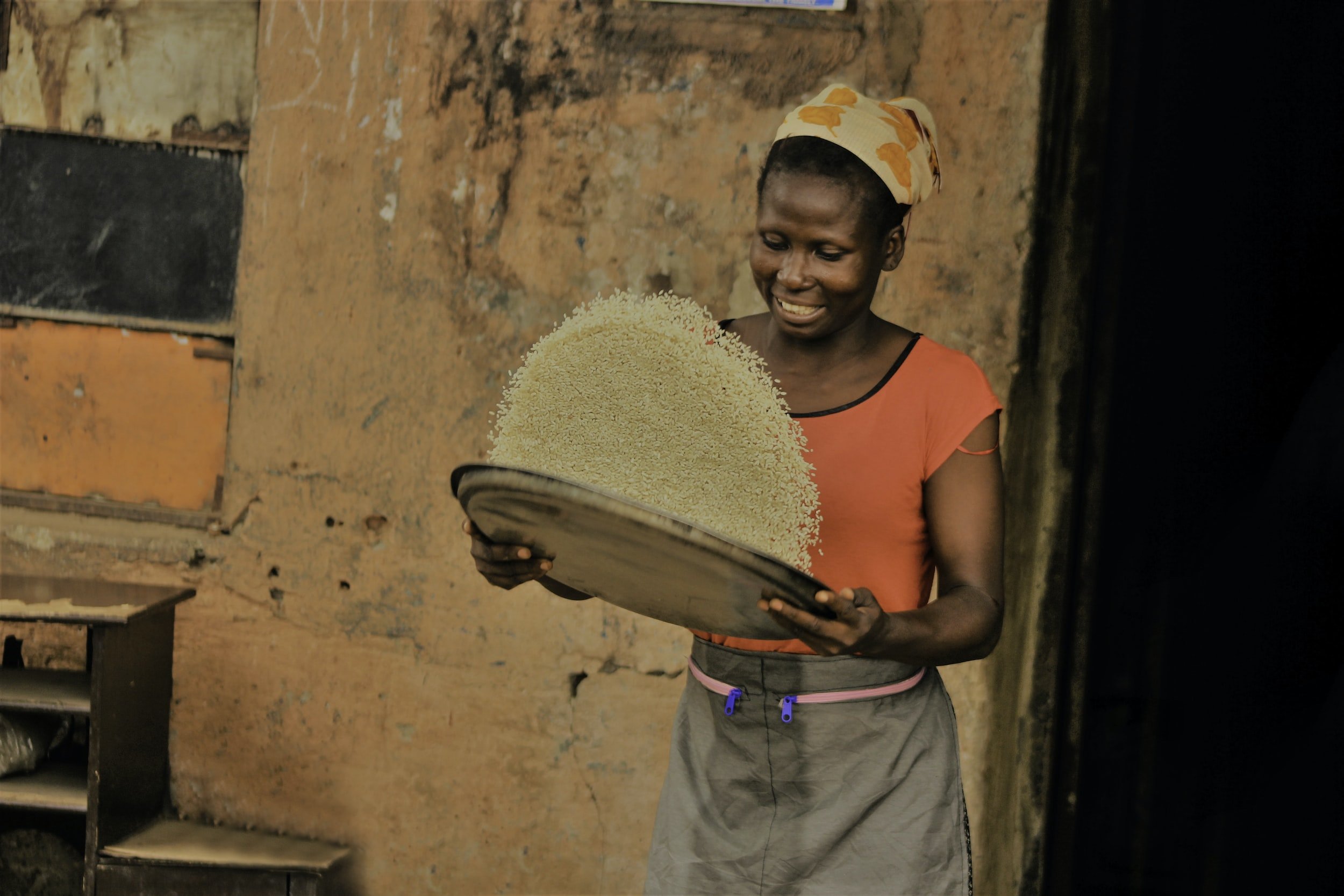
The best orphan care is orphan prevention!
Family Reunification
Most children living in institutions or on the streets have at least one living parent! Many more have living relatives. Impoverished families can feel powerless to care for their children and really believe that an institution can raise their children better than they can. Research over the years has shown that this is not true in most cases. Children who grow up in institutions are more likely to enslaved into the sex trade, suffer with depression, become addicted to substances, give away their own children and to be impoverished once they age out of the system. There could be many reasons for this, but one is that the children have no safe place to go to when things get tough. They have been away from their relatives and villages for so long that they are not known there. Having a safe place to call home, even as adults, is a vital aspect of a person’ s ability to thrive.
Even governments are taking notice of this problem of institutionalizing orphaned children. In countries like Kenya, the government is restricting the licensing of new orphanages and encouraging institutions to rescue children and reintegrate them back into families as soon as possible. The current goal is to hold a child in an institution for no more than 3 years.
Poverty, war, natural disaster, and political unrest are all factors that hinder a family’s ability to care for their children. Discovering the cause of the family’s fracturing is the first step in helping them reunite.
Some families simply need an extra bed to take in their own child or a relative. Sometimes they need extra food for the child or school fees. Sometimes tragedy has caused separation and the family and did not know the whereabouts of their child or relative. In this cause helping them find each other is all that is needed.
As a small organization with a budget of less than $300K per year, we have been able to successfully reintegrate more than 50 children.
Family Preservation
It is often easy to know when a family is at risk of fracturing. Some possible causes:
Death of one or both parents
Divorce
Illness
Substance Abuse
Loss of work
Interveniening before the children of these families are sent to institutions, abandoned or sent to the streets is the best and most cost effective way to care for vunerable children.
It is almost always possible to keep families together, even when both parents have died. Some of the ways this can be done:
Equipping grandparents or other relatives to care for the child
Supporitng the family with emergency food and school fees until they are able to stand on their own
Introducing the parents to savings associations and helping them get connected
Provide financial training and parenting classes
Providing mental health and substance abuse counseling and treatment
Providing medical care for the family
Providing job training or business start up capital for the surviving parent
We have yet to have a family that we have identified as at risk and intervineined that has not been able to keep their child/children.




